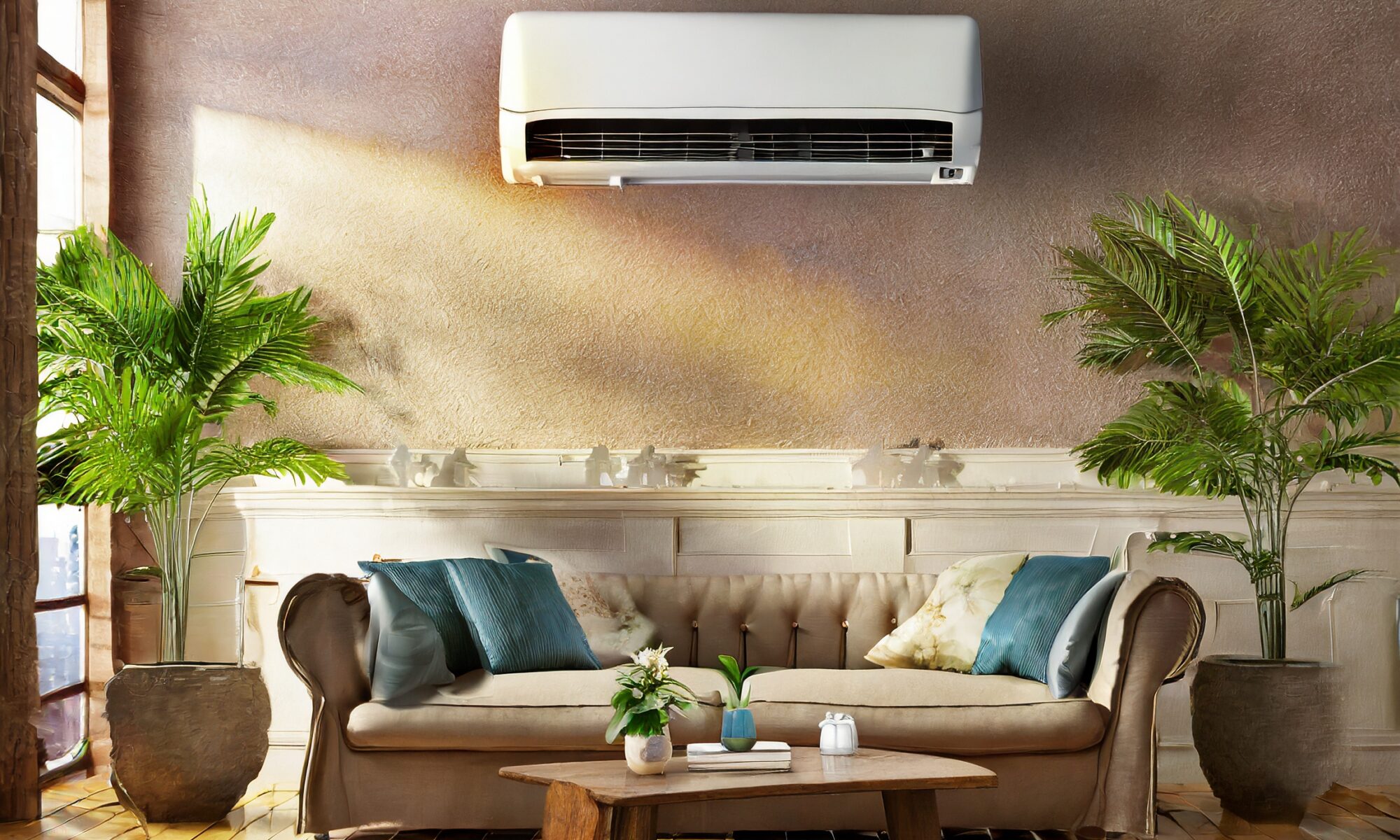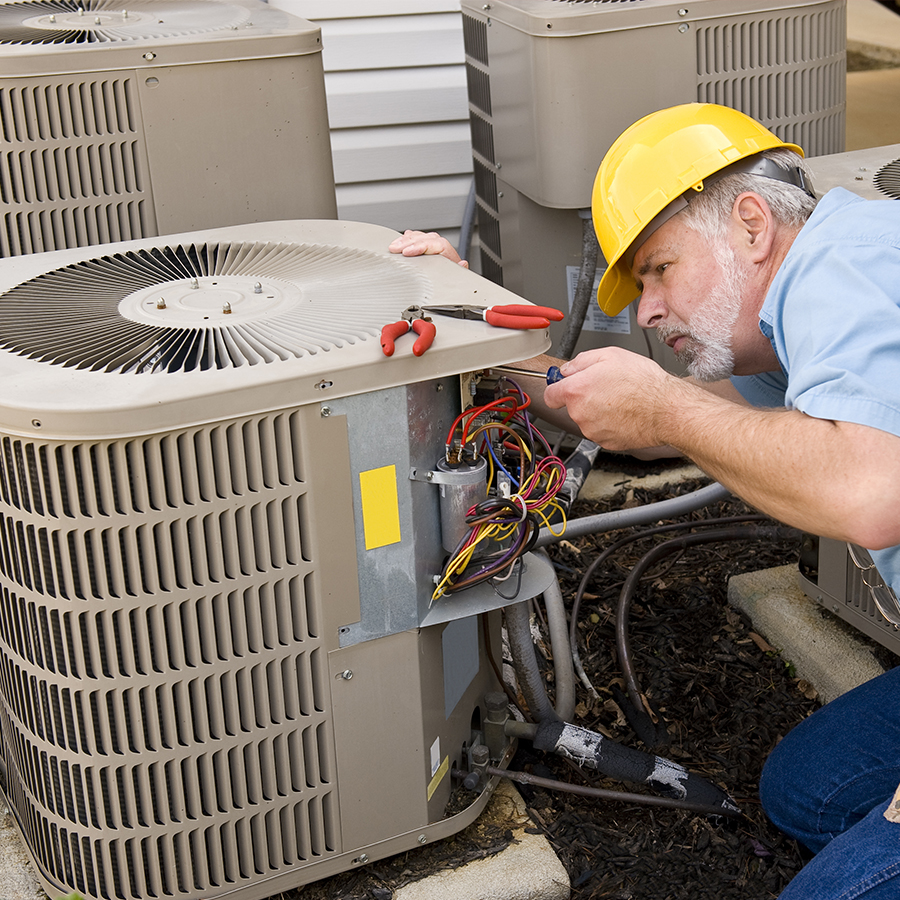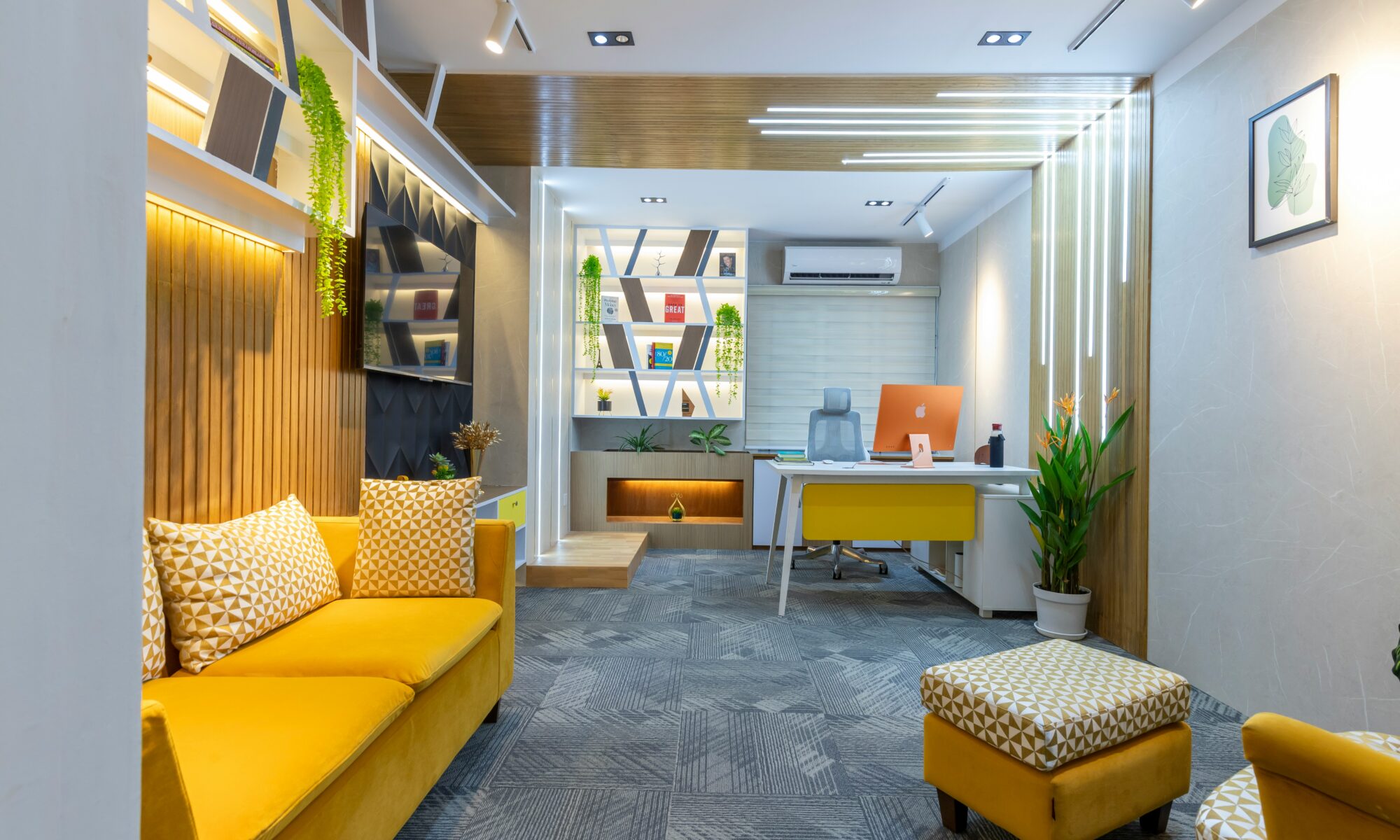The last day of Chinese New Year (CNY) is a time to celebrate, reflect, and prepare for the year ahead. It’s a moment to mark the end of the festivities, wrap up the traditional practices, and ensure you set the tone for good luck and prosperity in the months to come. Whether you’ve been busy with family gatherings, feasts, or simply enjoying the festivities, today is the perfect time to pay attention to a few essential customs and superstitions that will help you close the holiday season on a positive note.
Let’s dive into what the last day of CNY signifies, what to look forward to, and the dos and don’ts that will guide your actions to make sure you finish the celebrations with the right energy and mindset.
- What Does the Last Day of Chinese New Year Signify?
- What to Look Forward to on the Last Day of Chinese New Year
- Dos and Don’ts for the Last Day of Chinese New Year
- Cleansing for Mental Health
What Does the Last Day of Chinese New Year Signify?
The final day of CNY is more than just a day of wrapping up celebrations — it holds significant cultural meaning. Traditionally, it marks the Lantern Festival, the 15th day of the lunar new year, which is believed to be the last day of the extended festivities. In Chinese culture, the Lantern Festival symbolizes the year’s first full moon and is a time for families to reunite, reflect, and look ahead.
On this day, it’s common to clean your space, share a meal with loved ones, and enjoy some traditional dishes like Tangyuan (sweet glutinous rice balls). It’s believed that the Lantern Festival cleanses the past year’s misfortune and invites new opportunities and prosperity for the coming year.
What to Look Forward to on the Last Day of Chinese New Year
Even if you’ve been enjoying the festivities, the last day of CNY brings some unique opportunities and activities to keep the celebratory mood going. Here are a few things to look forward to:
| Lantern Displays and Festivals | One of the highlights of the last day is the Lantern Festival. Many cities and towns will have beautiful lantern displays. People often participate in lantern parades, lighting the night with vibrant colors and intricate designs. Lanterns are not just decorative; they symbolize the hope and light guiding the way for the new year. |
| Eating Tangyuan | Another key tradition is eating Tangyuan, glutinous rice balls filled with sweet fillings like sesame or red bean paste. These rice balls symbolize unity and completeness, making them a perfect food to enjoy with family on the last day of CNY. |
| Fireworks and Firecrackers | In many places, fireworks and firecrackers are set off to bid farewell to the old year and usher in the new with good fortune. The loud sounds are thought to ward off evil spirits and bad luck, making way for a fresh start. |
| Family and Friends Gathering | The last day is about cherishing time with loved ones, whether it’s one final family reunion or a small celebration with friends. The closing CNY meal is an important opportunity to reflect on the past year’s blessings and share hopes for the new one. |
Dos and Don’ts for the Last Day of Chinese New Year
As the final day of CNY approaches, here are some dos and don’ts to follow, based on tradition and superstitions, to ensure you’re on the right track for prosperity in the year ahead.
Do Clean Before the Evening
While it’s important to clean and declutter your space, it’s considered bad luck to clean after the evening of the last day. Cleaning after sunset is believed to sweep away good fortune and opportunities for the year. Instead, finish your cleaning during the day to welcome positive energy into your home.
Do Enjoy Tangyuan
Don’t forget to indulge in Tangyuan on the last day. This sweet treat is not only delicious but also holds deep symbolic meaning. Eating Tangyuan promotes unity and harmony, ensuring your family stays together and experiences happiness throughout the year.
Do Spend Time with Loved Ones
Chinese New Year is all about family; the last day should be no different. Spend time with your family, friends, or loved ones. Whether it’s having a final reunion meal or enjoying quiet time together, this day is about strengthening your relationships and creating lasting memories.
Don’t Argue or Quarrel
Maintaining a peaceful atmosphere on the last day of CNY is important. Avoid arguments or any form of conflict, as it is believed that negative energy and disputes on this day can bring bad luck for the entire year.
Don’t Sweep After Sunset
As mentioned, sweeping after sunset is considered a bad omen. Sweeping at this time can symbolically “sweep away” your good fortune. Instead, focus on organizing and tidying up during daylight hours.
Don’t Break Anything
Breaking dishes, glassware, or other objects on the last day is thought to bring bad luck. If you accidentally break something, be extra careful not to let any negative energy affect you. Instead, focus on positive thoughts to restore balance.
Don’t Use Sharp Objects
Avoid using knives or scissors on the last day, as sharp objects are associated with cutting off good luck and fortune. If you need to use them, store them away afterwards and focus on positive, gentle actions.

Cleansing for Mental Health
As you clear your physical space for the new year, it’s also a great time to clear your mind. Mental health and emotional well-being are just as important as physical space in creating a positive environment. Consider spending time on the last day of CNY reflecting on the past year, releasing negativity, and setting your intentions for the year ahead.
Journaling, meditation, and mindfulness are excellent ways to cleanse your mental space. Write down your thoughts, let go of any lingering resentment, and focus on the positive things you want to bring into your life in the new year. Setting an intention for personal growth, peace, or happiness can guide you toward a successful and fulfilling year.
Final Thoughts
As Chinese New Year approaches, remember that the last day is not just the end of the festivities but a bridge to the year ahead. It’s a time to reflect on your past experiences, create new intentions, and welcome positive energy into your home and heart.
By following the dos and don’ts of the last day, you ensure that you align yourself with the traditions and practices passed down for generations. Whether it’s through cleaning, spending time with family, or focusing on mental well-being, embrace the final day of CNY with an open heart, a clear mind, and a positive outlook for the year ahead.






















You must be logged in to post a comment.